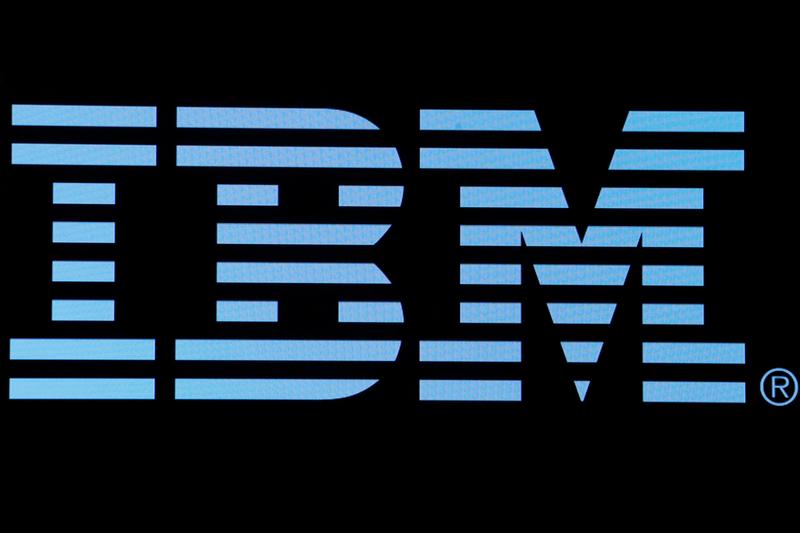(Reuters) – For decades, each generation of computer chips got faster and more power-efficient because their most basic building blocks, called transistors, got smaller.
The pace of those improvements has slowed, but International Business Machines Corp on Thursday said that silicon has at least one more generational advance in store.
IBM introduced what it says is the world’s first 2-nanonmeter chipmaking technology. The technology could be as much as 45% faster than the mainstream 7-nanometer chips in many of today’s laptops and phones and up to 75% more power efficient, the company said.
The technology likely will take several years to come to market. Once a major manufacturer of chips, IBM now outsources its high-volume chip production to Samsung Electronics Co Ltd but maintains a chip manufacturing research center in Albany, New York that produces test runs of chips and has joint technology development deals with Samsung and Intel Corp to use IBM’s chipmaking technology.
The 2-nanometer chips will be smaller and faster than today’s leading edge 5-nanonmeter chips, which are just now showing up in premium smartphones like Apple Inc’s iPhone 12 models, and the 3-nanometer chips expected to come after 5-nanometer.
The technology IBM showed Thursday is the most basic building block of a chip: a transistor, which acts like an electrical on-off switch to form the 1s and 0s of binary digits at that foundation of all modern computing.
Making the switches very tiny makes them faster and more power efficient, but it also creates problems with electrons leaking when the switches are supposed to be off. Darío Gil, senior vice president and director of IBM Research, told Reuters in an interview that scientists were able to drape sheets of insulating material just a few nanometers thick to stop leaks.
“In the end, there’s transistors, and everything else (in computing) relies on whether that transistor gets better or not. And it’s not a guarantee that there will be a transistor advance generation to generation anymore. So it’s a big deal every time we get a chance to say there will be another,” Gil said.
Source: Read Full Article
